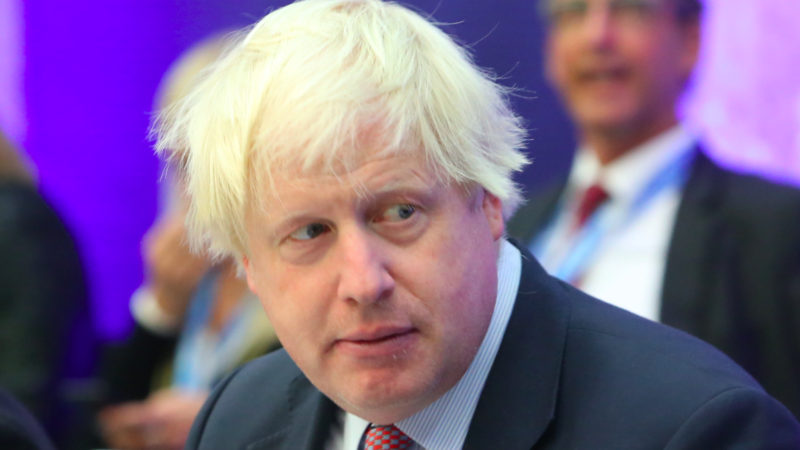The world's largest free trading bloc is now open for business.

Tony Burke is president of the Confederation of Shipbuilding and Engineering Unions and chair of the Campaign For Trade Union Freedom
The new Regional Comprehensive Economic Partnership (RCEP) trade agreement came into force on January 1st covering fifteen member countries – Australia, Brunei, Cambodia, China, Indonesia, Japan, South Korea, Laos, Malaysia, Myanmar, New Zealand, Philippines, Singapore, Thailand and Vietnam.
The world’s largest free trading bloc is now open for business.
The countries that make up the trade deal account for around 30% of the world’s population (2.2 billion people) and 30% of global GDP ($26.2 trillion), making it the largest trading bloc in history.
India took part in the early stages of negotiations but opted out due to fears that Chinese imports would swamp its markets. But the door is still open for India to join. Other countries or customs blocs in the region can apply to join the RCEP in eighteen month’s time.
The Chinese initiated RCEP agreement cuts tariffs on manufactured products, cuts red tape and also covers e-commerce, intellectual property and government procurement.
But crucially it contains no commitments to labour or environmental commitments, representing a step back from even the weak and ineffective labour chapters found within the EU and the Comprehensive and Progressive Agreement for Trans-Pacific Partnership (CPTPP). RCEP members Australia, Brunei, Japan, Malaysia, New Zealand, Singapore and Vietnam are also members of the CPTPP.
The UK has applied to join the CPTPP and although China is not a member of the CPTPP it has also submitted a request to join. Meanwhile its influence on trade in the region through RCEP will be substantial.
China’s ‘Belt And Road initiative’ has been controversial notably with the USA and the within the EU because of its with significant investment in infrastructure across continents.
For China the RCEP agreement is seen as a big win. China has the biggest market in the region of more than 1.3 billion people.
Predictions are that RCEP will boost trade within the region by 2% or $42 billion, both through increased trade and through diversion of trade as tariff rules change.
The UK, however, is on its own and in weaker position, as evidenced by the underwhelming reaction to the UK-Australia free trade agreement and the rejection by the US of opening trade talks.
This is despite the rhetoric of ‘Global Britain’. The UK will need to be wary of the RCEPs unified ‘rules of origin’ which may have an impact of supply chains and the influence China will wield, notably on the CPTPP agreement, which the Johnson government is eager to join to make up the lost ground of being outside of the EU’s single market and customs union.
As China wields ever greater influence through its trade agreements and economic influence, it could spell bad news for Boris Johnson’s plans.
To reach hundreds of thousands of new readers and to make the biggest impact we can in the next general election, we need to grow our donor base substantially.
That's why in 2024, we are seeking to generate 150 additional regular donors to support Left Foot Forward's work.
We still need another 124 people to donate to hit the target. You can help. Donate today.



